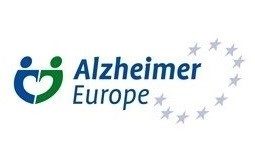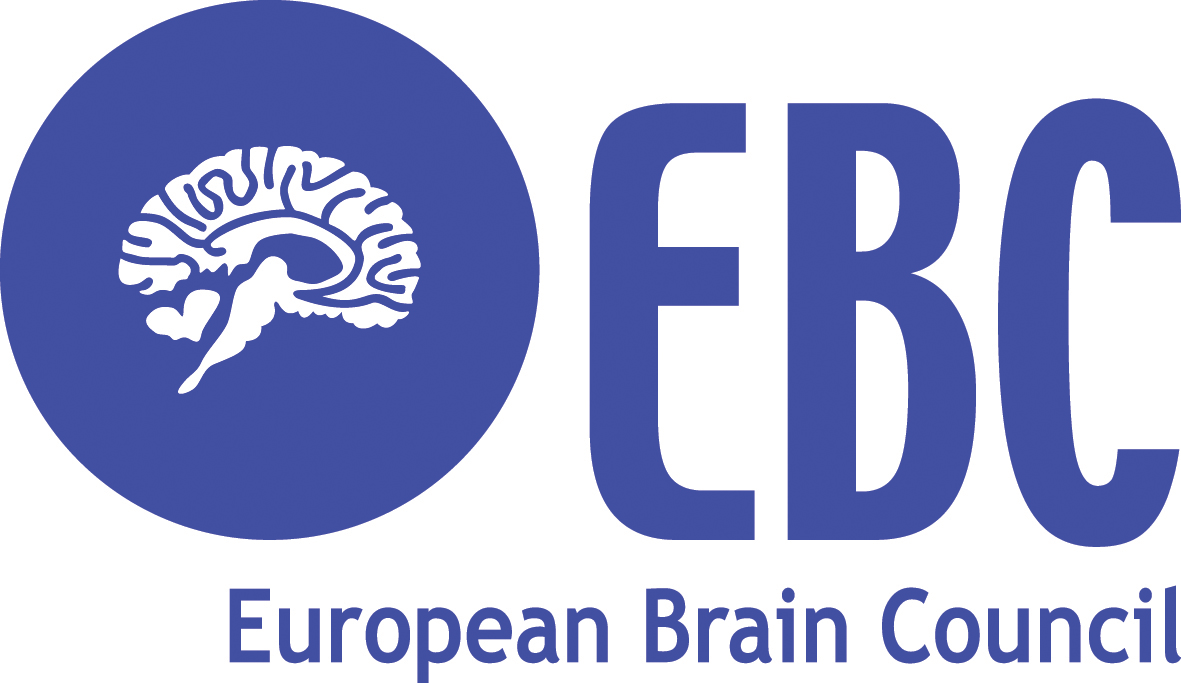The consortium brings together technology leaders in digital therapeutics (Brain+), leading European academic institutions (Aarhus University, University of Oxford, University of Nottingham) and non-governmental network organizations such as the European Brain Council and Alzheimer Europe.
The AD Detect & Prevent consortium are specialized in presymptomatic detection of AD (University of Oxford and University of Aarhus, University of Nottingham), cognitive and behavioral digital intervention programs (Brain+ ApS), AD advocacy (Alzheimer Europe), Patient- and policy engagement (European Brain Council). All consortium members have strong track records within their respective fields. The groups is truly cross-disciplinary including academia, industry and NGOs.

Brain+ (project coordinator)
The Danish Brain+ ApS (http://www.brain-plus.com/), founded in 2012 by 3 co-founders, provides digital therapeutics for cognitive and mental health that combine neuro-games and digital behavioural therapy into powerful treatment solutions, delivered on the Brain+ platform and as apps on smartphone, tablets and web.

University of Oxford
Founded in the 12th century, University of Oxford (http://www.ox.ac.uk/) is a world leading university located in Oxford, England. The university is the oldest university in the English-speaking world and the world’s second-oldest university in continuous operation. The university is made up of a variety of institutions, including 38 constituent colleges and a full range of academic departments, which are organized into four divisions, i.e. Humanities Division; Mathematical, Physical & Life Sciences Division; Medical Sciences Division and the Social Sciences Division. The participating research group – Cognitive Neurology Research Group led by Professor Masud Husain belongs to the Medical Sciences Division. In 2017, the Medical Sciences Division was ranked number 1 in the world for medicine (clinical, pre-clinical and health) and number 3 in the world for life sciences, producing over 6000 research outputs per year. The division attracts £340 million research income per year and has 44 spin-offs. Staff in the division is highly diverse, representing 95 different countries.

Aarhus University
Aarhus University (http://www.au.dk/en/) is a prestigious research university located in Aarhus, Denmark. Founded in 1928, it is Denmark’s second oldest university and the largest, with a total of 44.500 enrolled students as of 2016. AU is divided into four faculties, i.e. the Faculty of Arts, Aarhus BSS, the Faculty of Health and the Faculty of Science and Technology. The Neuroscience programme of the participating research centre - The Department of Nuclear Medicine & PET centre- is headed by Professor David Brooks, who is the lead scientist on the validation imaging research studies in the proposed project. The PET centre belongs to the Faculty of Heath, Institute of Clinical Medicine and is a major department for molecular imaging, characterized by a very close interaction between clinical and research activities, providing a fundamental platform for the development of new and improved diagnostic imaging tools including the discovery of new and more sensitive biomarkers. The department is also part of the Head Centre at the Aarhus University Hospital and the main focus areas are: to provide a state-of-the-art diagnostic services to patients, to deliver high quality scientific research independently and in close collaboration with partners at Aarhus University as well as at Aarhus University Hospital. The department has a long tradition for international pioneering research especially in the field of neuroscience, and the translational aspect is highly prioritized, including preclinical rodent and pig models of various diseases. Collaboration between academia and the industry is active. The use of innovative state-of-the-art radiochemistry-based tracers enables the department to be at the leading edge of development within nuclear medicine.

University of Nottingham
The University of Nottingham (https://www.nottingham.ac.uk/) is a public research university in Nottingham, United Kingdom. It was founded as University College Nottingham in 1881, and was granted a royal charter in 1948. The University of Nottingham is one of the largest institutions of its kind in the UK, with a student population in the tens of thousands. In 2017-18 a total of 34,329 students were recruited. The University of Nottingham's position as a world-class University is confirmed by its ranking in the global league tables.
Dr. Max L. Wilson is an Associate Professor in the School of Computer Science, specialising in the measurement of Mental Workload using functional Near Infrared Spectroscopy (fNIRS), which measures blood oxygen levels in the brain. Working in the field of Human-Computer Interaction, his research has demonstrated the use of this technology for studying people in the wild (outside of formal lab experiment conditions), collaborating with manufacturing and health care projects.

Alzheimer Europe
Alzheimer Europe (AE) (http://www.alzheimer-europe.org/) is a non-governmental organisation aiming to provide a voice to people with dementia and their carers, make dementia a European priority, promote a rights-based approach to dementia, support dementia research and strengthen the European dementia movement. Formed in 1990, AE is an umbrella organisation comprised of 42 member associations from 37 countries, which are all active Alzheimer organizations in Europe (WHO European Region).
AE has consultative status with the Council of Europe and in 2007 set up the European Alzheimer's Alliance which has over 90 Members of the European Parliament. In 2012, AE set up the European Working Group of People with Dementia (EWGPWD) comprised of 13 people with different nationalities and types of dementia. The EWGPWD participates in all the organisation’s activities and projects.
AE is active in many European projects funded by the Innovative Medicines Initiative (IMI) and Horizon 2020, in which it focuses on Public and Patient Involvement, Ethics and Communication, and aims to stimulate the development of projects in the domains of information, support and caregiving for people with dementia. The organisation has several successful dissemination tools, such as its website, its monthly e-mail newsletter (sent out to over 8,000 contacts) and its Annual Conferences which are attended by over 800 participants.

European Brain Council
The European Brain Council (EBC) (http://www.braincouncil.eu/) is a non-profit coordinating international health organization founded in 2002. It comprises the major organizations in the field of brain research and brain disorders in Europe, and thus its structure involves a vast network of patients, scientists and doctors, working in partnership with the pharmaceutical and medical devices industry. The mission of EBC is to promote brain research in order to improve the quality of life of those living with brain disorders in Europe. EBC’s comprehensive scope makes it suited to working closely with major decision making bodies such as the European Commission, the European Parliament and the World Health Organization (WHO). Main action areas EBC focus on include promoting brain-related research by collaborating with member organizations, interacting with the Institutions of the European Union, fostering dialogue between scientists and society, promoting education and disseminating information about brain research and disease in Europe.